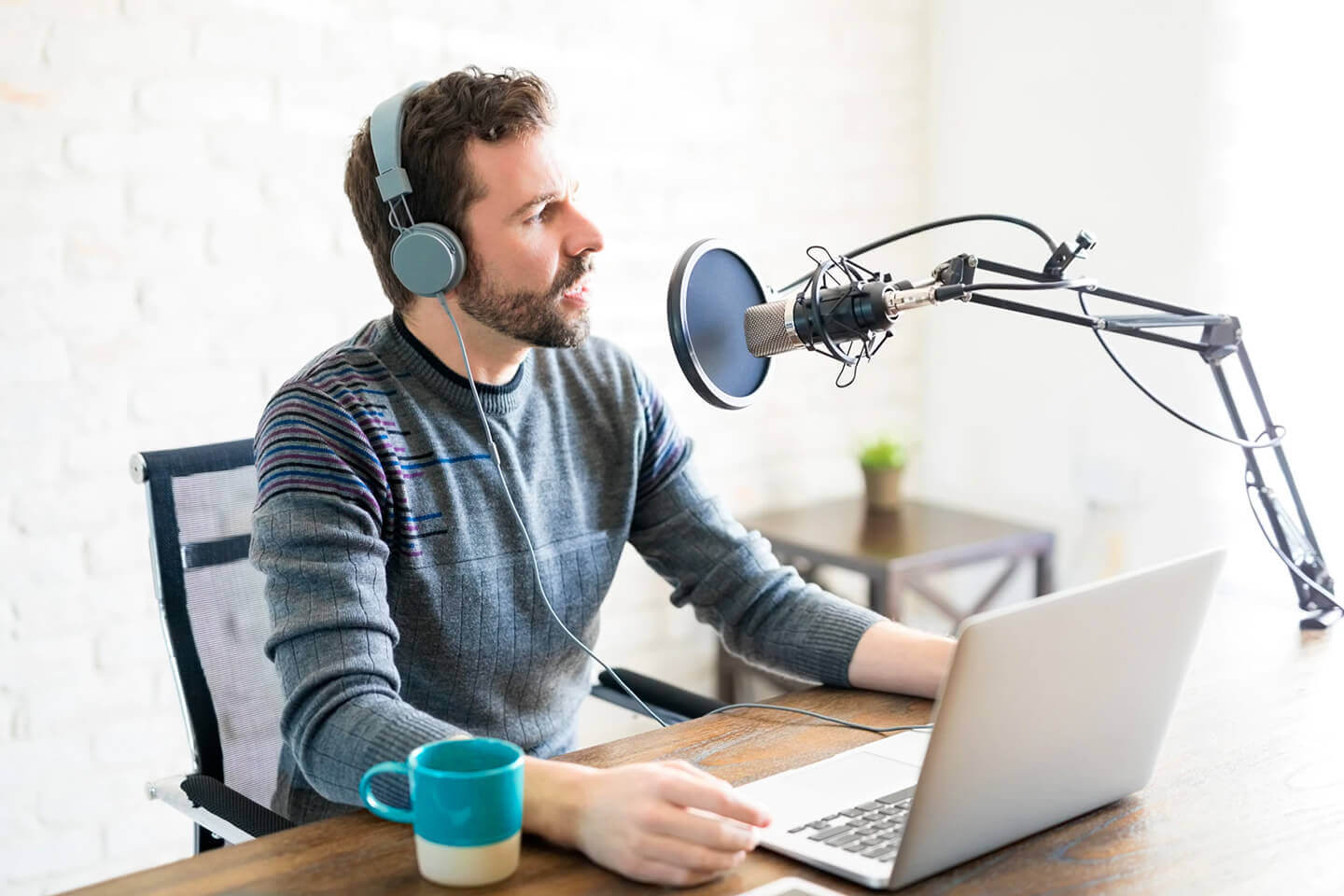So you want to start a podcast? That's wonderful! It can be an exciting adventure to enter the world of podcasting, and it can be emotionally rewarding to help support and encourage other people with your words—even if all you're doing is giving them a fun little break from their day. The following will explore some of the things you can do to better prepare yourself for starting and running a podcast.
While podcasting is a business, it's also a highly intimate form of communication. It reveals the true nature of people and their ideas due to its extended nature—you might not be able to tell if someone is full of themselves when you watch a five-minute interview clip, but when you listen to them speak for two hours straight, it's a different story.
Get Specific
Before you dive into recording your first episode, you probably want to know what your podcast will be about. It's okay if you're going to cover a wide range of topics, but know that the broader a podcast is, the harder it will be to market and the longer it will take to find your niche audience. You might want to keep yourself focused on a smaller range of topics at the beginning and then branch out over time.
Do Your Research
Now, you don't need to be an expert to talk about a topic online—in fact, sometimes it's better if you're not, as those who are learning themselves tend to make for excellent teachers. They remember the confusion of struggling with a specific idea because it wasn't too long ago they were grappling with the same concepts. This being said, make sure that you do a little research on the topics that you were considering talking about. It might be worth searching your statement, belief, or idea along with the term "myth" or "debunked" to see if new research has come out recently that proves everything you're saying is wrong. The world has more than enough fake news at the moment to last five or six generations. Ideally, you want to be adding more truth to the world.
Be Honest
Coupled with the idea of making sure that you're representing information honestly, to the best of your ability, you also want to be truthful about yourself. Internet users have gotten clever in recent years, and this means they have a much stronger lie-detector. Don't present a false version of yourself thinking that this will garner more listens—almost always, the opposite is true.
Humility and honesty are attractive traits. When it comes to podcasts, people want to sit and feel like they're hanging out with people they like—almost as if you and they are friends. People don't like friends who lie to them.
Think of one of the biggest podcasts in the world: The Joe Rogan Experience. Joe Rogan says nearly every episode how dumb he is or how little he understands. He's constantly looking up information to make sure it's accurate, and he's not lying to his audience, and he asks questions when he's confused about something. He admits when he doesn't know something or when he struggles with something. Because of this, people trust him and return to his show week after week (sometimes multiple times per week).
Get Your Tech In Order
No, you don't have to spend a ton of money on gear. Especially at the beginning, you probably shouldn't—you don't even know yet if you like podcasting. Keep spending minimal until you know that you enjoy the form and want to keep doing it. Most smartphones have an excellent voice-recorder app—just make sure you're in a quiet location when you use them. As you grow more comfortable with podcasting, you can begin to research different technical options. Take your time, keep your budget in mind, and remember that you can always change your mind later and try a different platform if the one you're with isn't working.
Improve Your Public Speaking Skills
When it comes to podcasting, your voice and the cadence of your speech are important. You're going to want to polish up your public speaking skills . Of course, the more your podcast, the faster you'll improve, but it's worth listening back to your speech and making sure you aren't committing too many faux pas.
By keeping the above information in mind, you'll be well on your way to hosting a stellar podcast. Remember, it takes time to build a genuine audience. Good luck

